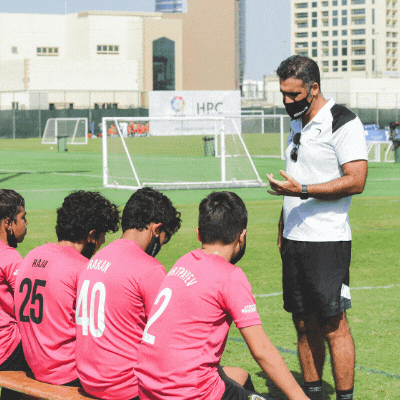What are Inclusive Sports?
Inclusive sports refer to sports activities and programs that are designed to be accessible and welcoming to individuals from all backgrounds, abilities, and identities. The aim is to provide an inclusive environment where everyone feels valued, respected, and empowered to participate to the best of their abilities. Inclusive sports go beyond physical activities and also encompass social, emotional, and psychological aspects, promoting holistic well-being for all participants.
The Significance of Inclusive Sports
Inclusive sports play a vital role in fostering equality, diversity, and social inclusion. By breaking down barriers and challenging stereotypes, they provide individuals with opportunities to develop their skills, build self-confidence, and form meaningful connections with others. Inclusive sports also promote a sense of belonging and community, enhancing overall well-being and quality of life. Moreover, they contribute to the development of empathy, understanding, and acceptance among participants, creating a more inclusive and compassionate society.
Initiatives and Strategies for Inclusive Sports
Numerous organizations, institutions, and individuals are actively working towards promoting inclusive sports and breaking down barriers to participation. Here are some key initiatives and strategies that have been implemented:
- Adaptive Sports Programs: These programs cater to individuals with disabilities by modifying sports activities to suit their needs. Adaptive equipment, specialized rules, and inclusive coaching techniques ensure that individuals with disabilities can actively participate and compete in sports.
- Diversity and Inclusion Policies: Many sports organizations and institutions have adopted diversity and inclusion policies, ensuring equal opportunities for individuals from different backgrounds. These policies promote diversity in leadership positions, address discrimination and bias, and provide resources and support for underrepresented groups.
- Awareness and Education: Raising awareness about the importance of inclusive sports and educating communities about the benefits of diversity and inclusion is crucial. Workshops, seminars, and campaigns aimed at challenging stereotypes and promoting understanding help create a more inclusive sports culture.
- Accessible Facilities: Ensuring that sports facilities are accessible to individuals with disabilities is a crucial aspect of promoting inclusive sports. This includes providing ramps, elevators, and modified equipment to accommodate diverse needs.
- Inclusive Coaching and Training: Coaches and trainers play a pivotal role in creating inclusive sports environments. Training programs that focus on inclusive coaching techniques, understanding diverse needs, and fostering inclusive team dynamics are essential for creating a positive and empowering experience for all participants.
- Collaborations and Partnerships: Collaborations between sports organizations, community groups, and educational institutions can help facilitate inclusive sports programs. By sharing resources, expertise, and networks, these partnerships can create a more sustainable and impactful inclusive sports ecosystem.
- Celebrating Diversity: Recognizing and celebrating the achievements and contributions of individuals from diverse backgrounds in sports can help inspire others and challenge stereotypes. Highlighting diverse role models and success stories promotes inclusivity and encourages individuals to pursue their sporting passions.
By creating accessible and welcoming sports environments, individuals from all backgrounds and abilities can participate fully and reap the numerous physical, social, and emotional benefits sports offer. Through initiatives, strategies, and collaborations, we can work towards a future where inclusive sports are the norm, ensuring that everyone has the opportunity to thrive and succeed in the world of sports.
Key Takeaways
- Inclusive sports provide equal opportunities for individuals from all backgrounds and abilities to participate and thrive.
- They promote equality, diversity, and social inclusion by breaking down barriers and challenging stereotypes.
- Initiatives such as adaptive sports programs, diversity and inclusion policies, awareness and education, accessible facilities, inclusive coaching and training, collaborations and partnerships, and celebrating diversity are crucial in fostering inclusive sports environments.
- Inclusive sports offer numerous physical, social, and emotional benefits while creating a more inclusive and compassionate society.
- Consider taking the NYU Fundamentals of Global Sports Management online course and certificate program offered by Yellowbrick to further enhance your knowledge and skills in the field of sports management.
By embracing inclusive sports and implementing these strategies, we can create a more inclusive and equitable sports culture where everyone has the opportunity to participate and thrive. Together, let’s build a future where inclusivity is at the core of the sports industry.








